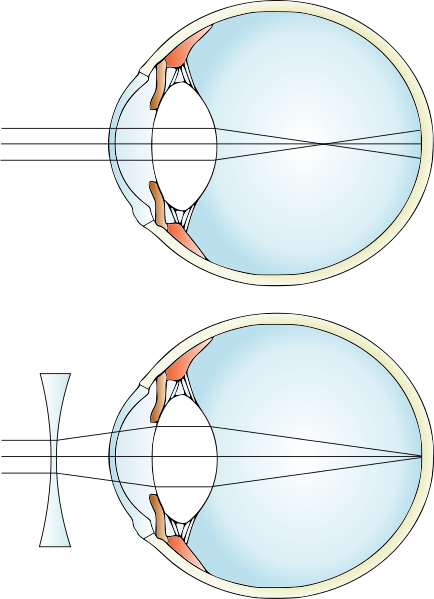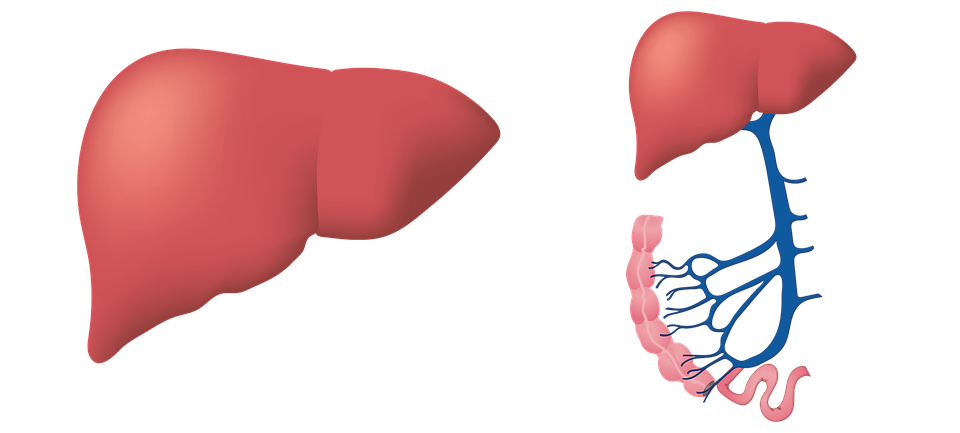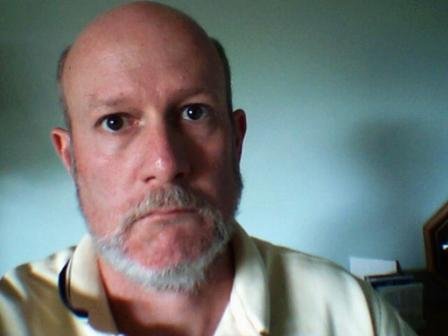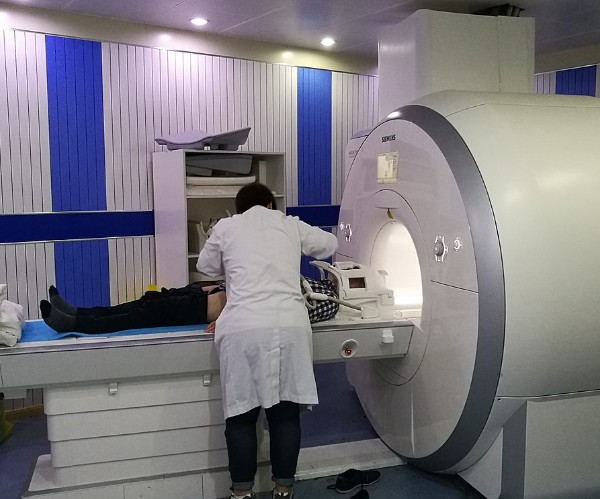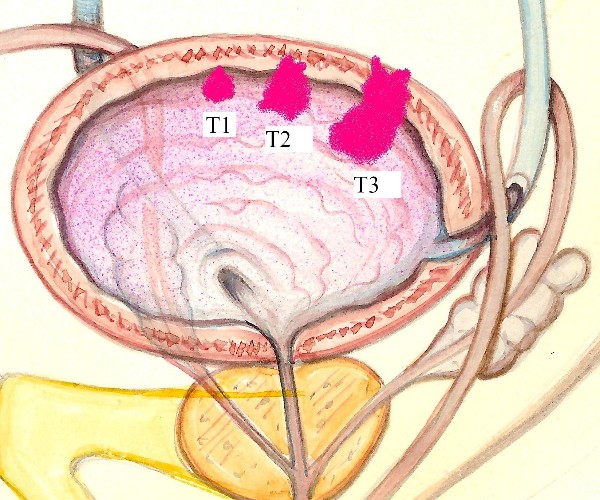For History, the first physician was Hippocrates, progenitor of a new category of scholars of the human body.
He lived in fourth-century B.C. Greece, on an island, Cos, traveled extensively both at home and abroad, gaining more and more experience in understanding the treatment of diseases.
Before Hippocrates, the art of Medicine did not yet exist in the Greek world, but rather a kind of “craft” of caring for the sick.
He wrote many treatises and works from his own scholarly experience, including a treatise on the treatment of Fractures and Joints, a treatise on Epidemics, and one onEpilepsy, opposing the superstition of the time that saw diseases as the work of the gods’ vengeance.
Before becoming a physician, he was a philosopher, thinker and a man of great vision. Many of his teachings have come down to us, some forming part of the fundamental principles of the Hippocratic School. Among many traced Western thought concerns the principle of “Nature’s Healing Force,” or the concept that the human body is endowed with its own life force capable of balancing the disharmonies of disease.
Every doctor in the modern world draws on his principles and when starting his profession, he promises, just as he did, to fight disease by personally signing the “Hippocratic Oath.”
















